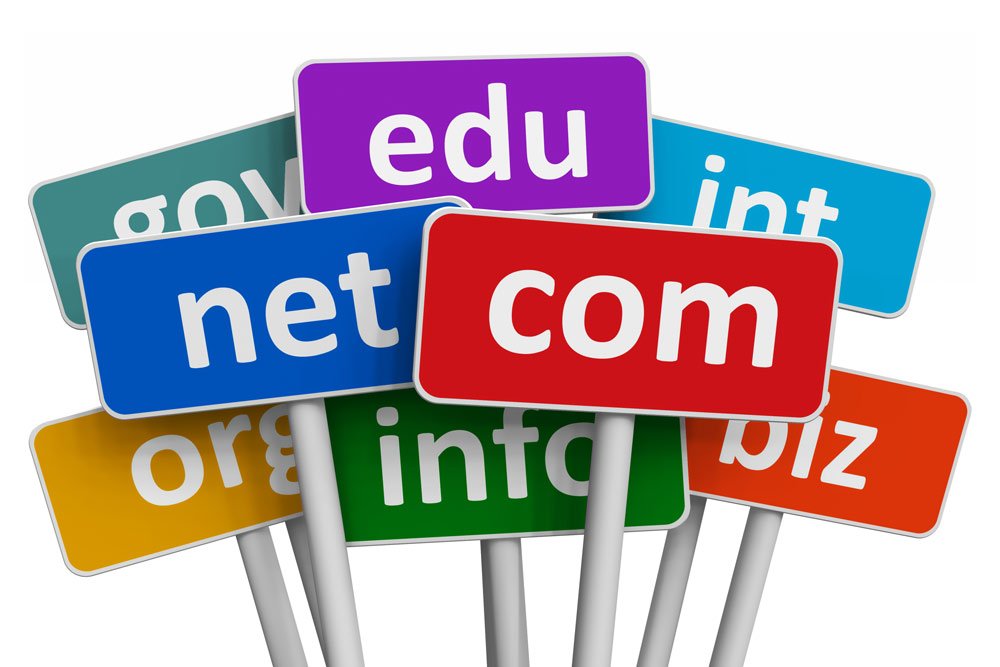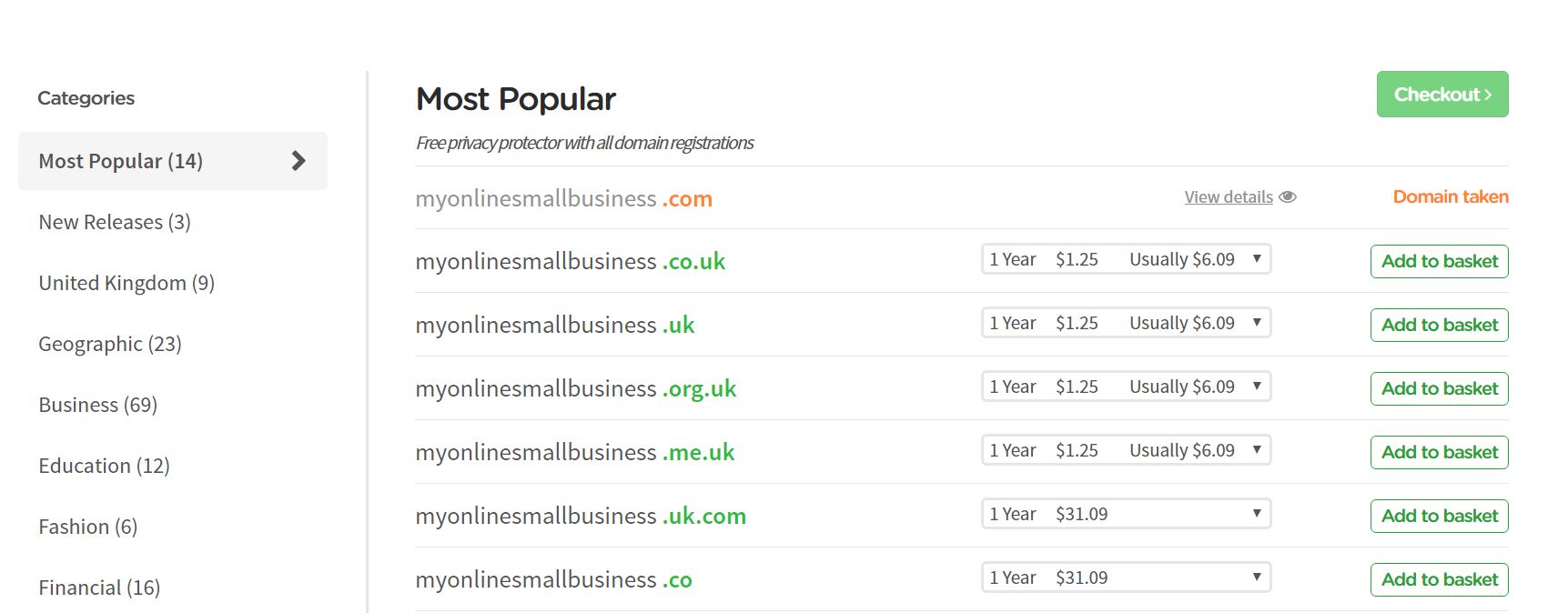
While the internet leveled the playing field for small businesses, constraints still plague the hardworking industry. Though it’s easy to say that small businesses have less complex operations, they work twice as hard as their large corporation competitors when it comes to other business facets.
For one, large corporations need not worry about creating their brand names or when they have new products, brand recall is easy because of wider reach and bigger marketing budget. Small businesses do not have this luxury. Instead, they push their efforts online. Indeed, it’s the only way they can stretch their dollars. Social media, SEO, and content are just some of the channels and tactics that small businesses can take advantage of to get their messages across, and eventually, their brands.
However, let’s back up a little. All online efforts will drive back to a website. Inquiries, leads, and revenue drive back to company websites. For small businesses, the ultimate brand ambassador is the website supported with the other channels such as social networking platforms. Others depend entirely on their website for revenue. But then, eCommerce can’t be downplayed. The total average spend per customer over the course of the year according to Smart Insights is at $1,600 in the UK and $1,800 in the US. Retail sales on eCommerce stores account for 14% in the UK and 8% in the US. These numbers let us assume that there is a huge room for growth.
Given all these numbers, there is a huge opportunity for small businesses and anyone who wants to become a brand ambassador. But before eCommerce, SMBs need to get the basics of the digital world right. Once a website is up, work does not stop from there. It’s just the beginning!
Names, Brands in the Digital World
In the past, you can just choose a name that you want, have it registered and you have legal rights to it. Today’s digital world is not as easy as that. Aside from the legalities, the digital world has its own idiosyncrasies that you need to keep up with.
Your website name, among other things become your brand in the internet. But there are different factors involved in the internet that a business owner need to consider when building a brand and selling online. Competition is just as fierce online. Brand names need to withstand competition and black hat strategies that make the internet difficult to deal with.

Black hat strategies such as hijacking or cybersquatting are the bane of businesses online. They are considered business risks that affect not just sales but the overall reputation of businesses. Prudent SMBs guard against these problems by following up with domain provider suggested domains and registering all of their available domain names, along with nicknames or other forms of their company’s name. One strategy is to also register specific keywords to be directed to their own websites. Nonetheless, keyword domain registration takes careful research and planning.
But even so, going through a domain name branding even worth it? As the name implies, it’s a part of a huge, continuous branding strategy to promote your business name. Once consumers associate your brand to a specific name or word and shows in searches, half of your job is cared for. In addition, your audience or visitors are filtered to those that might prove more profitable for your business.
Ultimately, protecting your brand becomes a priority when there are risks that might hurt your businesses. You can’t go wrong with a preventive strategy when you are protecting your potential to grow and earn.
Small businesses have the opportunity to harness the power of the internet. The next step now is up to you to make sure your brand names make the most for you.








